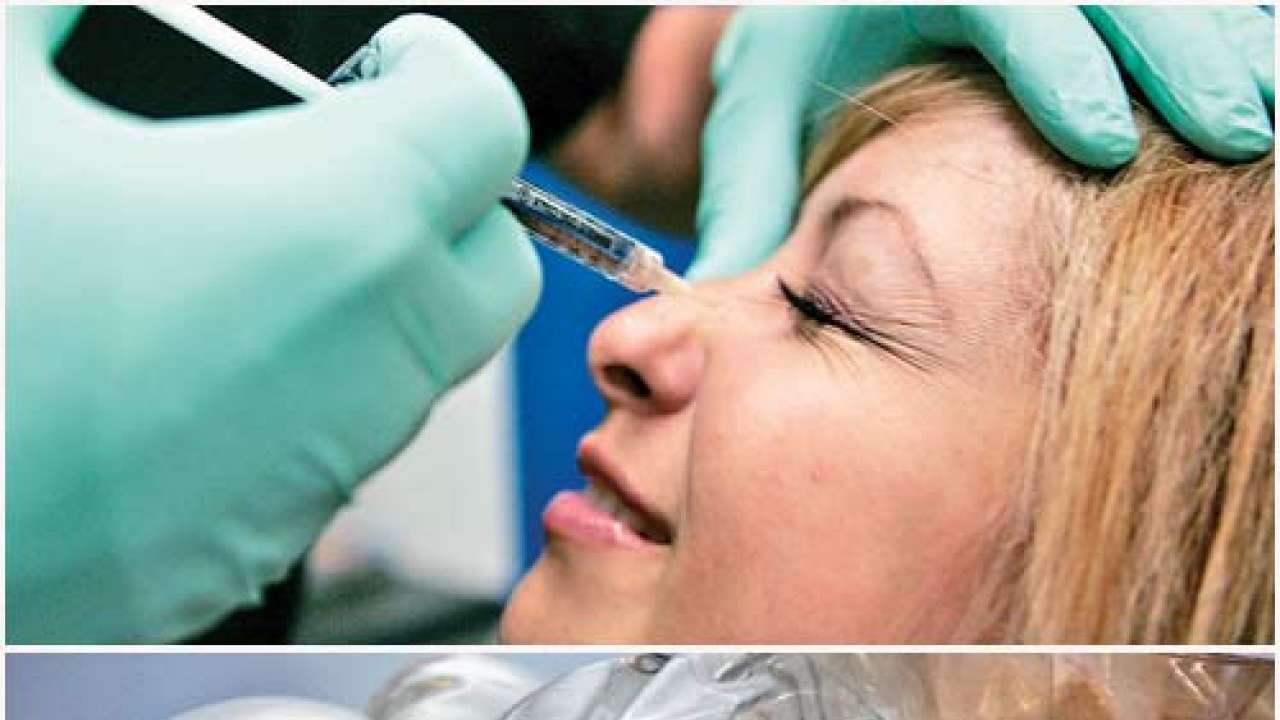
For some years now India has made its presence felt in the global medical tourism market. The number of medical tourists arriving in the country has grown from an estimated one lakh in 2002 to 10 lakhs in 2012. This is still smaller compared to the numbers in other countries in this business such as Thailand, Dubai, Singapore and Malaysia. It seems each of these destinations specialise in particular types of surgeries and medical procedures. For instance, hospitals in Singapore attract people for cancer and heart surgeries, while Thailand is the choice for fertility treatments and gender reassignment. In the same way, India has emerged a formidable destination for cosmetic surgery in the global medical tourism market, according to an analysis published in the official journal of the American Society of Plastic Surgeons recently.
In the medical tourism market, every procedure or surgery is a commodity. Cold market mechanisms of pricing, demand, supply, quality and competition all apply to these ‘commodities’. The study says that Americans are selecting India and other countries mainly for low-costs and convenience. Prices for cosmetic surgery in Asian countries are typically much lower than in the US or Europe. For example, breast augmentation that would cost $6,000 in the US can be done for $2,200 in India. A tummy tuck would cost $2,900 in India as against $ 6,400 in America. Similar comparisons hold for fertility-related businesses such as surrogate motherhood. These costs are much cheaper even after adding up airfare and expenses.
Low cost is indeed a major factor for Westerners because cosmetic surgeries are not covered by insurers or government healthcare plans. A visit to the Taj Mahal, forts of Rajasthan or Kerala backwaters could come as a bonus. In some countries hospitals and travel companies have formally joined hands to offer package deals to patient-customers, like Surgeon & Safari of South Africa. We are not lagging behind. In South India, many starred hotels have been converted into hospitals. Undergoing a fat loss surgery or breast augmentation job in a faraway tourist location affords privacy to people who can just return home without anyone back home knowing about it.
We have had little or no national discourse on the side effects of medical tourism on the public health system of the country as a whole. All government agencies — Ministry of Health and Family Welfare included — have been projecting medical tourism as beneficial to the country as it helps us earn foreign exchange. Similar arguments are advanced by industry chambers whose health panels are dominated by bigwigs of corporate hospitals. Images of Americans and Europeans undergoing knee or fat loss surgeries, periodically dished out by PR agencies, and speeches made at sponsored health conclaves have helped build a positive image of medical tourism in the minds of the general public. On the other hand, health activists have argued that medical tourism is growing at the cost of urgent health priorities of Indians. A country which has dismal child and maternal death rates and is burdened with double load of communicable as well as non-communicable diseases, can’t afford to divert resources to medical tourism. The shortage of specialists in streams like cardiac surgery, neurology and nephrology is stark. In such a situation, should India produce more cosmetic surgeons for foreign tourists?
Besides generic problems relating to medical tourism, the focus on cosmetic surgery also raises some ethical questions. It is ironical that a country where acid attack crimes are growing, surgeons are focusing on cosmetic surgery of a different kind. An acid attack victim recently told the writer that she could not find a cosmetic surgeon capable of reconstructing her scarred face.
“There is a shortage of specialised plastics surgeons who can treat acid burn victims as the disfigurement is beyond imagination. As per my experience I consulted several plastic surgeons in Delhi, Bangalore, Chennai and Mumbai. Most of the doctors who saw me expressed their inability to treat me”, says Pragya Singh.
Cosmetic surgery is a real need for acid attack victims. It is not cosmetic for them in the sense of enhancement of beauty. It is not an elective surgery for them but a necessary one. An even more basic need for victims of chemical violence is availability of modern burn wards in public hospitals. The number of acid attacks is going up despite the Supreme Court-mandated restrictions on the sale of corrosive acids five months ago. Children born to Bhopal gas survivors are reported to have defects like cleft lips and palates, and have to wait endlessly for reconstructive surgeries.
Given such circumstances, should India as a country spend scarce resources on elective beauty (and bulk of it for medical tourists) or enhance its capabilities to help people in real need? The government actively supports medical tourism, just as it does foreign exchange-earning trade or industries. Special medical visas are issued to tourists allowing them to stay in the country for longer periods. Hospitals catering to medical tourists are given tax concessions like other export-oriented businesses. This means, there is double subsidy. Super specialists, doctors and paramedical staff — trained using subsidised state medical education — are being employed in hospitals which are also getting other direct and indirect subsidies. Corporate hospitals claim that the money they earn through lucrative medical tourism streams is used for providing quality care to Indian patients at affordable prices. However, evidence of such claimed “cross-subsidisation” is hard to find.
If we want to promote medical tourism and also address the urgent health needs of the country, it may be worth taxing medical tourism (instead of subsidising it) and using the revenues thus generated for boosting public healthcare in needy areas. That will be a real win-win situation for Indian healthcare. At present, it is win-win for medical tourists and corporate hospitals catering to them.
The writer is a science journalist and author.